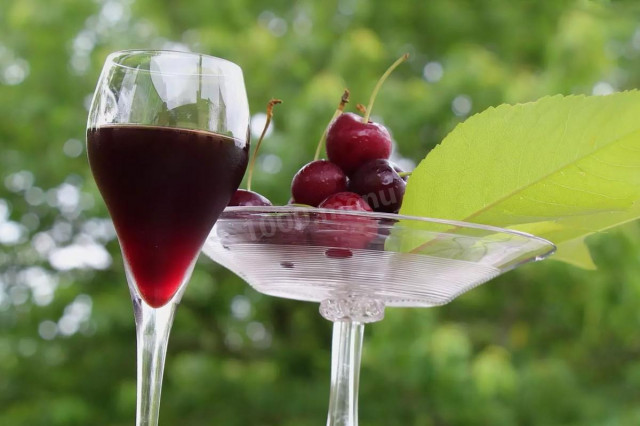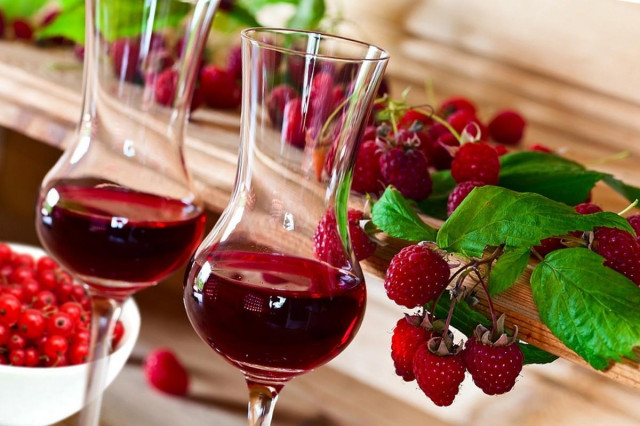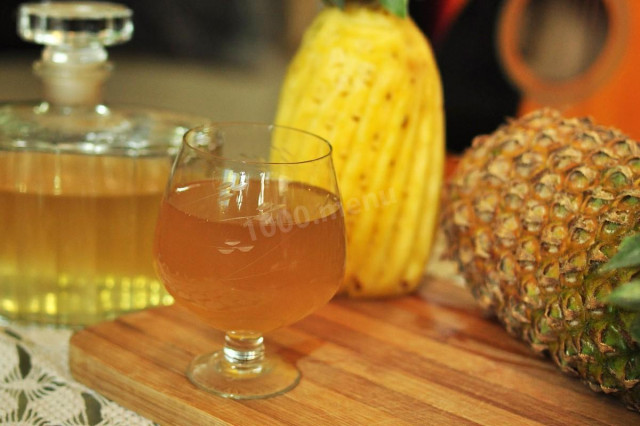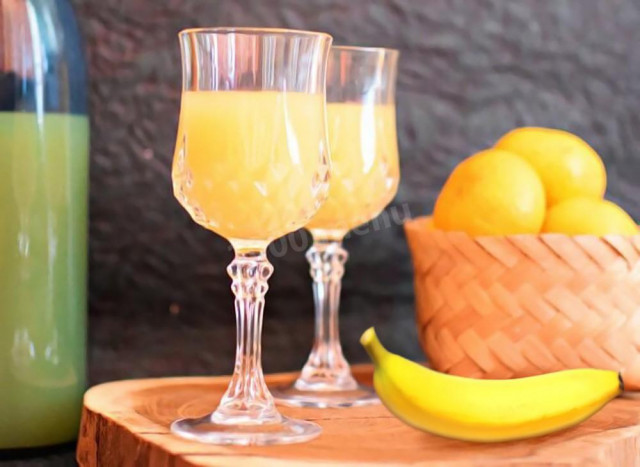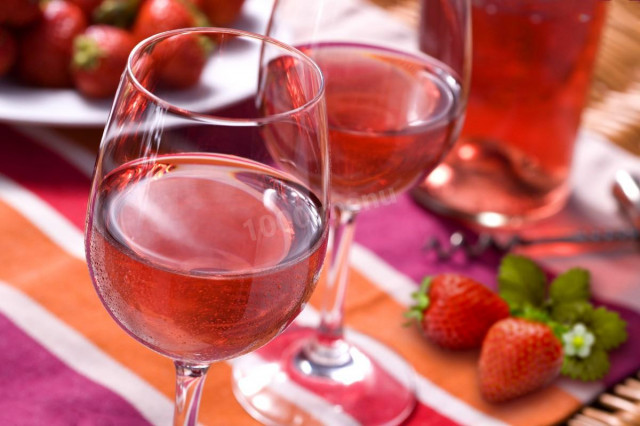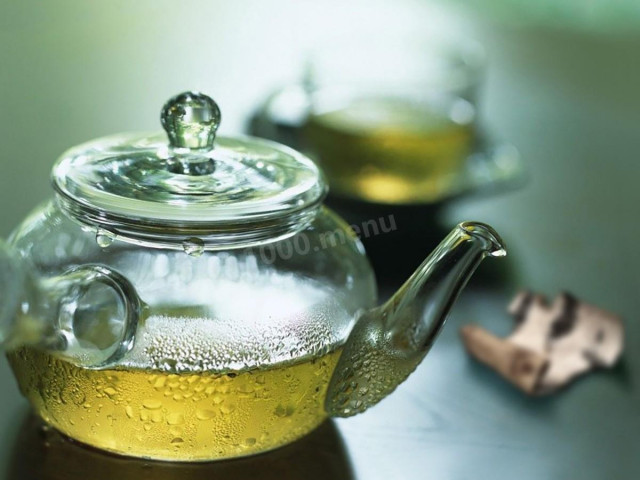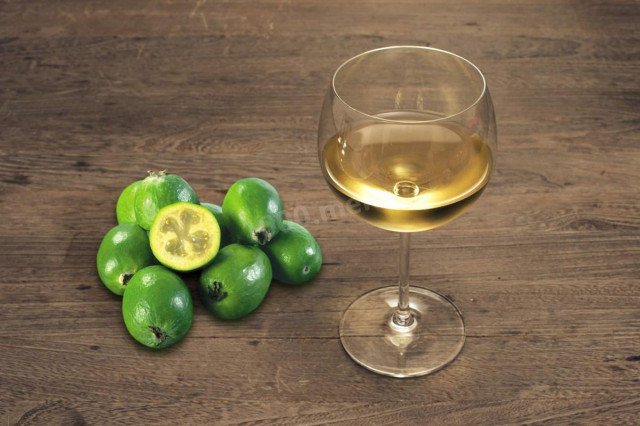Composition / ingredients
Cooking method
It is believed that cherry wine does not turn out to be too fragrant, but this is not the case. If you follow all the steps and do everything right, the drink will delight with its taste and smell.
So, we will start cooking by making a raisin starter. To do this, pre-washed raisins are placed in a glass jar (5 raisins are left unwashed), sugar and all this is poured with water, which must necessarily be warm (35-40 degrees, no higher). Mix everything well and leave to stand for 2-3 hours at room temperature.
Remove the raisins from the liquid and grind them with a blender, then return them back to the jar with the liquid. We put the unwashed raisins left there (yeast has been preserved on its surface). After that, we cover the jar with a cloth, tie it up and leave it in a dark place at room temperature for 3 days. During this time, the contents of the jar should begin to ferment, which means that the starter is ready.
Now you can do cherries. Sorting through the berries. Cherries for wine are best taken ripe and juicy, sweet, all berries should be clean and whole. You need to get rid of spoiled berries without regret. The berries are mine.
We transfer them to a large container, after which we thoroughly crumple them. For example, with a pestle for making mashed potatoes. You can just use your hands. Now you need to add water and citric acid. To do this, we first measure the volume of the resulting pulp and add to each liter the amount of water and acid specified in the recipe. You need to take high-quality, clean water.
Mix everything, add the raisin starter. We put the resulting berry mass in a dark place at room temperature, covering the vessel with gauze. We are waiting for the start of fermentation, and this is an average of 2 days. When fermentation begins, the foam must be knocked down for two days, stirring the contents of the container.
After these two days, we filter the liquid through several layers of gauze, and squeeze the pulp thoroughly. It turned out to be a wort that needs to be poured into a large bottle. We measure its volume and add sugar and tannin, mix. We close the bottle with a hydraulic seal and put it in a dark place. The room temperature should be room temperature.
Active fermentation will take place - the liquid in the bottle will bubble and will definitely increase in volume. As soon as the fermentation process comes to an end (there will be no more bubbles), we drain the wine from the sediment. Pour it into a clean container, close it again with a hydraulic seal and remove it to a dark place. Now the wine should not stand at room temperature, but in the cold.
We keep a container of wine in the cold for 1.5 months. When sediment appears, it must be drained from it again. After the specified time, add sugar and alcohol to the wine, mix. We bottle the wine and put it in the cellar for 1 year. After that, the wine will be ready to drink.
Caloric content of the products possible in the composition of the dish
- Granulated sugar - 398 kcal/100g
- Sugar - 398 kcal/100g
- Cherry - 50 kcal/100g
- Raisins - 280 kcal/100g
- Kishmish - 279 kcal/100g
- Citric acid - 0 kcal/100g
- Water - 0 kcal/100g
- Alcohol - 221 kcal/100g
- Tanin - 18 kcal/100g

